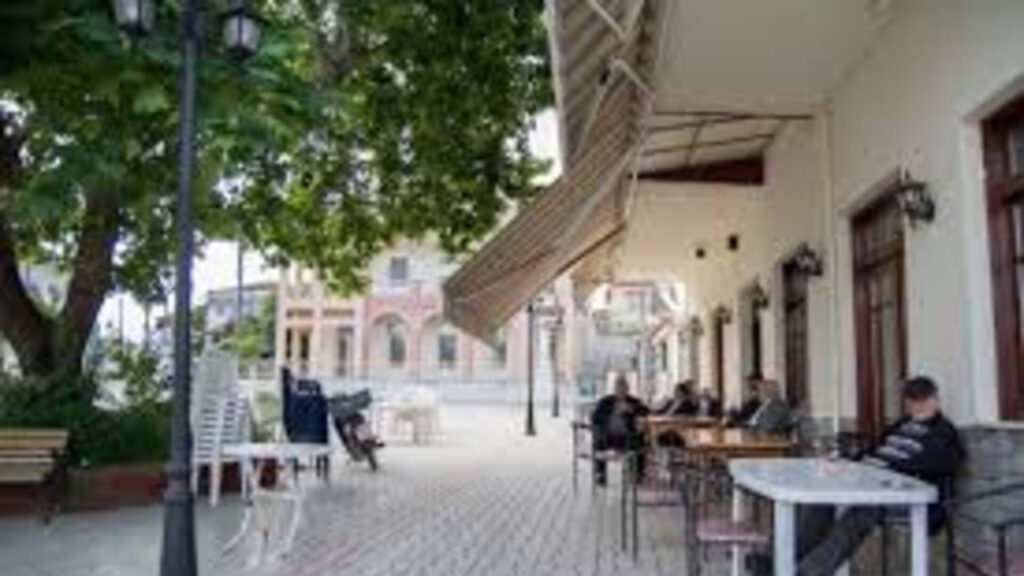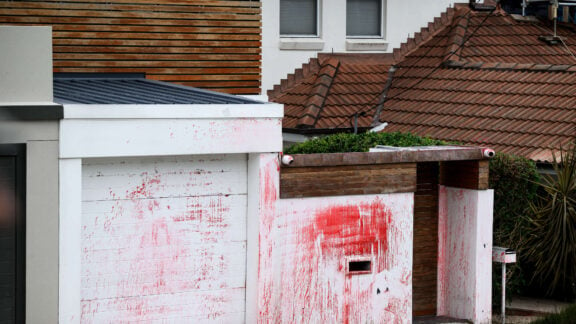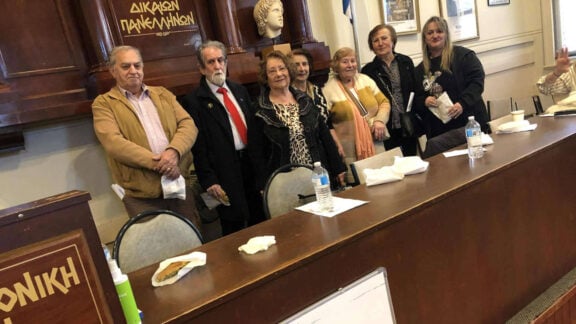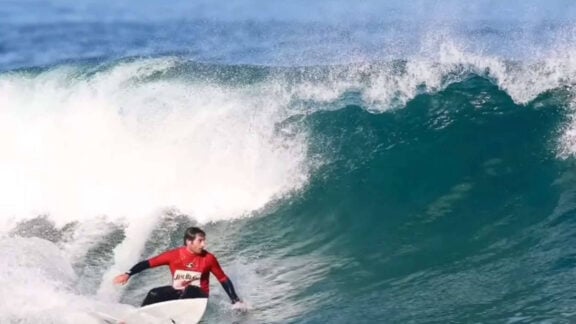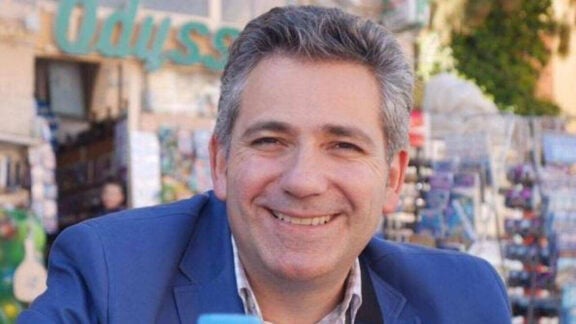There is seemingly a growing interest of foreign investment in properties across Greece due to a legislative gap dating back to 2011, with thousands of Turkish applicants notably awaiting permanent investor residence permits.
Properties priced between €5,000 (AUD $8,663.37) and €20,000 (AUD $$34,499.61) are being sold to Turkish, Bulgarian, and other foreign investors in border and defence zones, as reported by Proto Thema.
Housing in Northern Evros, has been bought by companies of Bulgarian and Turkish interests – along with EU passport holders, mostly of Turkish origin who are buying land and property in remote villages at minimal cost.
The situation has caused alarm among local leaders over an impending “silent settlement” by Muslims in areas of “vital interest that are gradually being emptied of Greek inhabitants”.
The Intelligence Service (EYP) has become involved as the situation has seen aggressive acquisitions, thanks to the legislative changes made under the PASOK government in 2011.
The changes allow for the sale of properties in border or military zones to legal entities, as long as their headquarters are checked – without verifying the nationality, or origin of the individuals behind them.
This allows companies based in EU countries to purchase properties in the eastern Aegean islands or near the land borders of Evros, even if they are owned by third-country nationals such as Turks.
In an attempt to fully map out the landscape of mass acquisitions of Greek land, eleven New Democracy members of parliament jointly submitted a question and request for documents late last week, asking for the first official recording of the volume of these “aggressive property purchases,” citing surges in Thrace, Lesvos, Limnos, Chios, and the Dodecanese.
The origins of the phenomenon trace back to relaxed property laws of the 1990s, part of EU harmonisation efforts, though it has reportedly taken on significant proportions since 2011, when nationality checks were dropped for property sales in sensitive regions.

Under current rules, property transfers are based solely on company headquarters – even though it’s widely acknowledged how easy it is to set up shell companies in countries like Bulgaria.
In recent months 14 houses were sold in Xylagani, Rodopi alone for €12,000–€15,000, (AUD $20,802 -AUD $25,955) while similar trends are noted in Imeros, Asomatoi, Proskynites, and Fanari – all villages originally settled by Asia Minor refugees.
The eleven MPs noted that the current framework “facilitates individuals who hold EU citizenship despite third-country nationality (e.g., Turkish, Russian, Chinese), or legal entities with headquarters in Greece or the EU, allowing them to acquire properties or company shares in border and military areas without prior approval from any authority”.
A significant number of aggressive real estate buyers in Thrace are not large-scale investors, but rather EU citizens of Muslim faith, mostly of Turkish descent, who worked in Central and Northern Europe do not want to return to Turkey for various reasons.
The mayor of Alexandroupoli, Yiannis Zampoukis, use the East Macedonia Thrace Forum III, to sound alarm-bells and warn of what he called “silent settlement.”
Zampoukis stated the “through the purchase of abandoned homes in Evros villages for just €10,000–€15,000 (AUD $17,318 — AUD $25,977) by Bulgarian citizens who are now EU citizens, and the purchase of these homes by companies with “Turkish capital and interests.”
The trend has reached the Dodecanese, where foreign buying interest is fuelled by tourism, with Leros topping the list of preferred destinations for foreign buyers.
Leros was notably the first island to be heavily settled by wealthy Turkish nationals and the investment there, and in other areas like Patmos, Kos, Kalymnos, and Rhodes, is causing the land to surge in price.
Further north in the Aegean, similar patterns in Mytilene, Plomari, and Molyvos have prompted concern among local authorities as anonymous companies have acquired properties with foreign managers and headquarters in Bulgaria or Cyprus.
Turkey has remained is second among the top ten nationalities receiving initial permanent investor residence permits (Golden Visa), with the number of Turkish high-value property buyers (Golden Visa holders with strong residency rights in Greece) amounting to 2,666 over the period of 2020-2023.
As of February 2025, there were 1,471 initial permanent investor residence permits.
During the period of February 2024 to February 2025, however, 14,924 applications were submitted (initial and renewals), with 3,222 approved, 31 rejected, one revoked – while 11,670 remain pending.
According to the Migration and Asylum Ministry, 7,456 permanent investor residence permits were issued between February 2024 and February 2025.
Turkey leads in the number of requests for permanent investor permits in the regions of Eastern Macedonia–Thrace and the North and South Aegean. In 2024 alone, 44 permits were issued, seven were renewed, and 62 remain pending for Turkish investors in Eastern Macedonia–Thrace.
Similar figures are seen in the North and South Aegean, where 26 new permits were issued, 53 are pending, and 15 were renewed.
The numbers highlight the extremely strong Turkish investment interest, which encapsulates the overall foreign interest in Greece currently.
